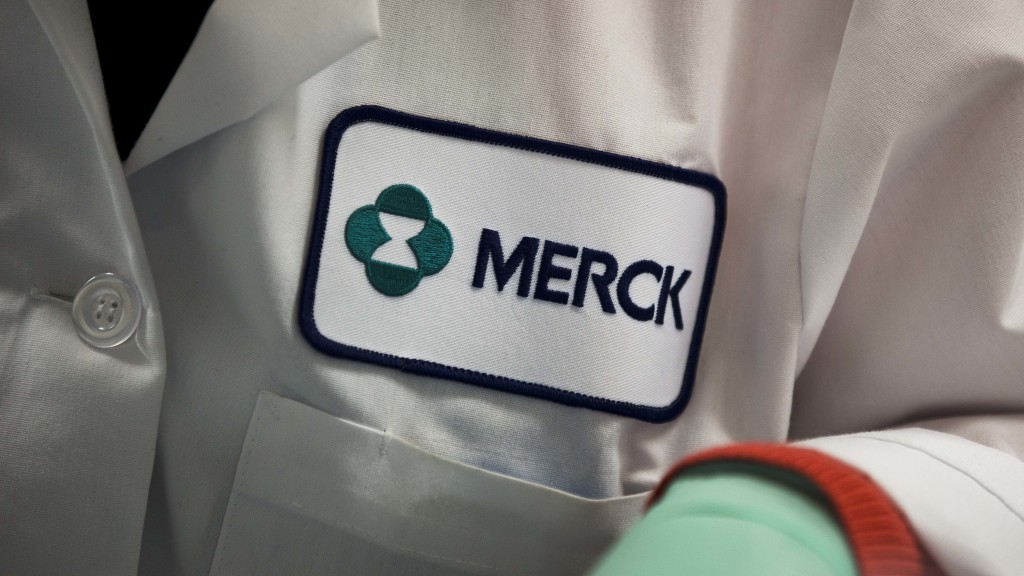Want to stay on top of the science and politics driving biotech today? Sign up to get our biotech newsletter in your inbox.
Good morning. Several of my colleagues have joined the newsletter today to bring you the latest biopharma updates. It’s a busy news day, especially for a summer Wednesday, so let’s get straight into it.
advertisement
The need-to-know this morning
Questions still swirl on Pfizer’s hemophilia A therapy
Pfizer this morning reported that its gene therapy for hemophilia A reduced patients’ bleeds in a late-stage trial. While the results may be enough for the the therapy to win approval, they aren’t likely to quell doubts that the treatment would be a meaningful option for patients.
A gene therapy from BioMarin, Roctavian, has been a commercial flop since it was approved last year, since most patients have opted to stick with their existing treatments or wait for a better gene therapy to come along. Experts said that there’s little in Pfizer’s data to suggest its treatment is better.
Read more from Jason Mast.
advertisement
FDA’s medical devices head to leave agency
Jeffrey Shuren, the longtime chief regulator of medical devices at the FDA, told staff yesterday that he is leaving the agency.
Most recently, Shuren pushed through a controversial rule to regulate lab-developed tests. The fate of this rule remains uncertain — lab groups have already sued the agency over it, and the Supreme Court’s recent overturning of the Chevron doctrine had made federal rules vulnerable.
During Shuren’s tenure, the FDA created the breakthrough devices program, which has become immensely popular for device makers seeking expedited approval and reimbursement.
Read more from Lizzy Lawrence.
House panel keeps the pressure on drug middlemen
The House Oversight Committee grilled executives of the three largest pharmacy benefit managers yesterday, focusing on a new report from the panel that blasted tactics by the drug middlemen.
The report said that PBMs have been driving patients toward pharmacies that they own while underpaying competing pharmacies. The report also touched on rebates, saying that the way PBMs negotiate with drugmakers for favorable placement on formularies makes it difficult for cheaper generics and biosimilars to get on formularies.
PBMs were mostly unscathed by the drug pricing policies passed in the Inflation Reduction Act in 2022, but lawmakers have now turned their attention toward the drug middlemen.
Read more from John Wilkerson.
(Relatedly, check out this scoop from Ed Silverman on how CVS Caremark agreed to pay at least $45 million to the state of Illinois to settle allegations that rebates were not passed through to the state.)
Merck lays off workers amid rough pharma job market
Jason Mast brings us a labor market update: Merck laid off around 75 to 80 people in its early research division this week, according to people familiar with the move. The layoffs — representing a tiny percentage of Merck’s overall workforce — came across multiple groups.
The move comes amid a series of layoffs from large pharma companies. More than 9,000 positions have been eliminated at large firms this year, according to data from the trade group BIO. A source insisted Merck’s layoffs were not financially motivated but rather part of a routine re-evaluation of the company’s structure and resources.
Taking stock of Merck’s RSV antibody
Speaking of Merck, Matt Herper writes: Merck said yesterday that clesrovimab, its preventative monoclonal antibody against RSV, met its primary safety and efficacy endpoints in a Phase 2b/3 trial, reducing RSV cases that resulted in infants needing medical attention. That’s really all Merck said, though, and without full data, it’s impossible to tell how it compares with a competing antibody from Sanofi and AstraZeneca.
RSV is a common infection that leads to the hospitalization of 50,000 to 80,000 American children under 5 each year. Sanofi and AstraZeneca’s antibody, Beyfortus, was shown to reduce the risk of hospitalization due to infection by 83.9%. It’s been a big success, generating $200 million in sales in the first quarter of 2024 alone.
In a note in early July, analysts at Jefferies said that clesrovimab would have to reduce lower respiratory infections more than Beyfortus to pose a real competitive threat. Shares of Merck and Sanofi were down 1% and 1.3%, respectively, yesterday.
Looking ahead at this week’s earnings
It’s a party. Adam Feuerstein also joins the newsletter today: Biopharma earnings season kicks off in earnest Thursday with financial updates due from AbbVie, Argenx, AstraZeneca, Roche, and Sanofi. On Friday, we’ll hear from Bristol Myers Squibb.
The numbers matter, of course, but alas, there isn’t room in this newsletter even for a consensus estimate crib sheet. And would you even care if we did? Instead, let’s focus on the bigger picture.
Roche will be inundated with analyst questions about its oral GLP-1 for obesity and when (if ever) we might see final survival data on its TIGIT antibody in lung cancer. At AbbVie, the focus will be on the performance of its immunology franchise: How is Humira holding up against biosimilars? And what’s the outlook for Skyrizi and Rinvoq?
At AstraZeneca, investors will once again be looking for strong results from its cancer business, along with meaningful updates on the research pipeline, most notably the antibody-drug conjugates partnered with Daiichi Sankyo. While for Bristol, expect analysts to query management about the potential impact of IRA price negotiations on its blood thinner Eliquis.
More reads
- U.S. Patent Office software mistakes extend patent life for drugs and need to be fixed, researchers say, STAT
- Sinking prices for generic meds a major factor in US shortage crisis: report, Fierce Pharma
- FDA asks adcomm if AstraZeneca needs another study on Imfinzi before and after lung cancer surgery, Endpoints
- Opinion: Cell donors are essential for new therapies. They need to be taken care of, STAT

